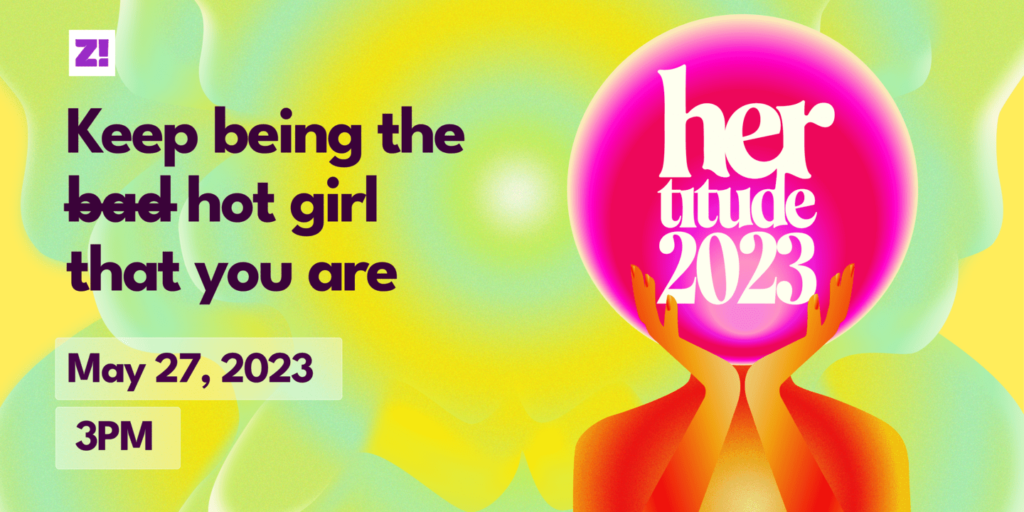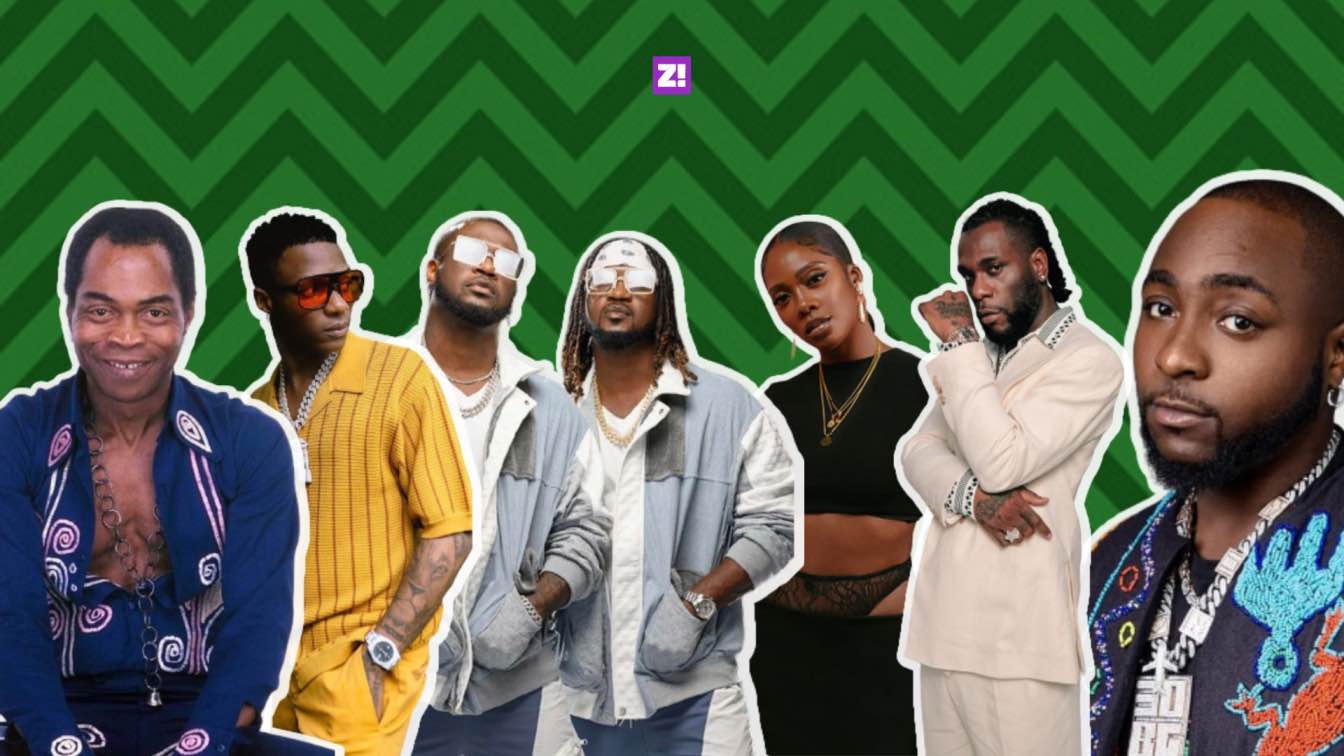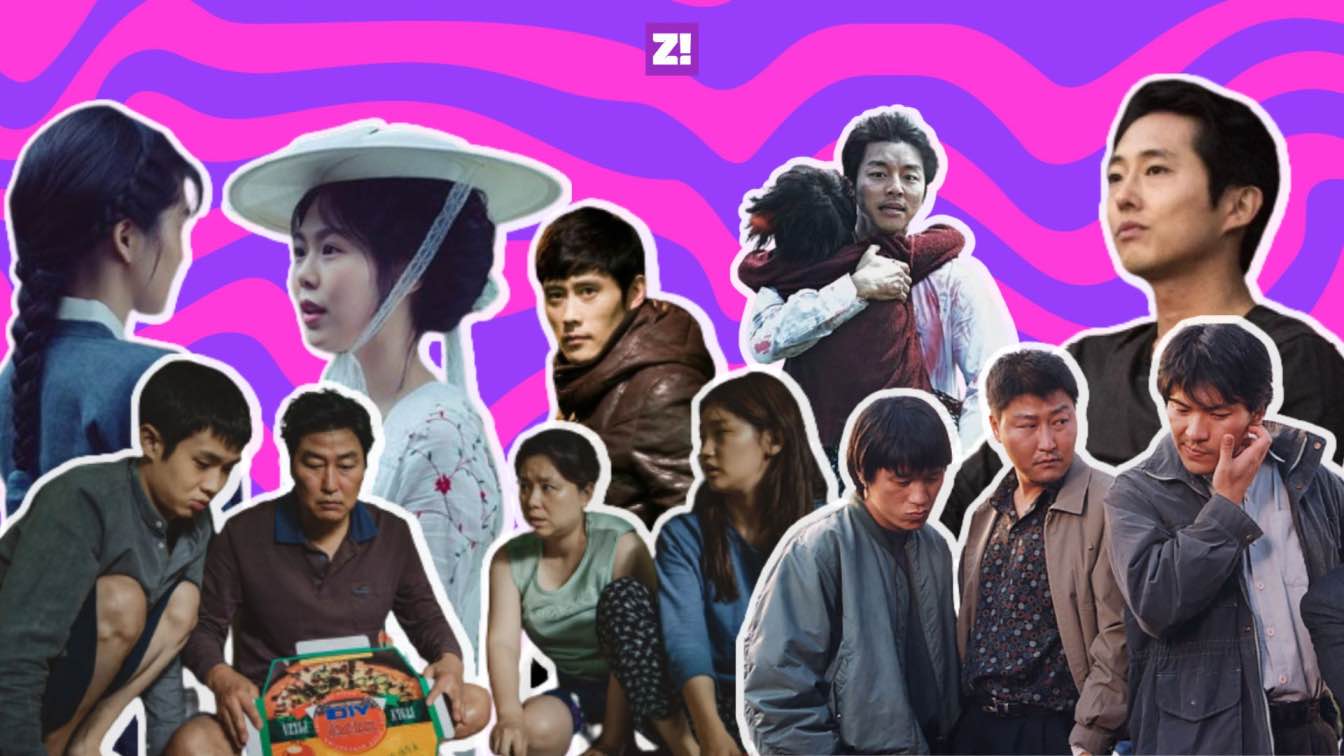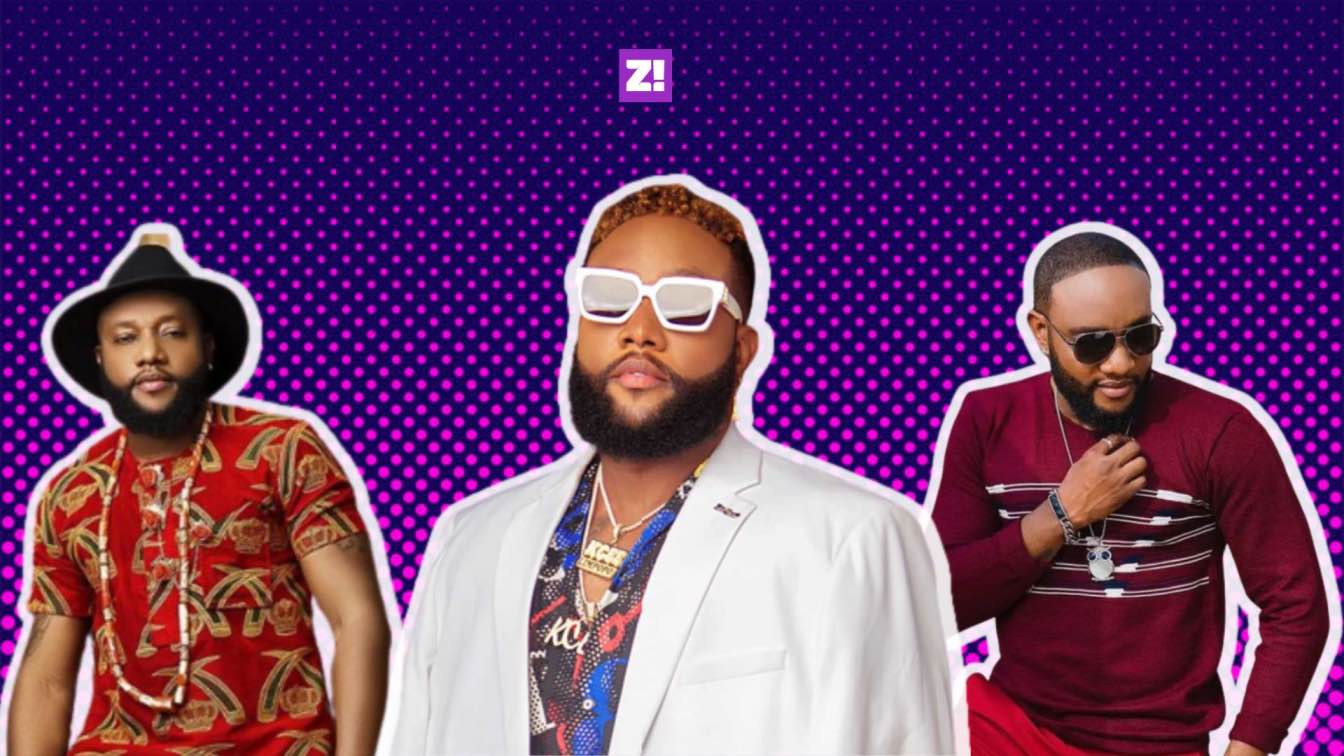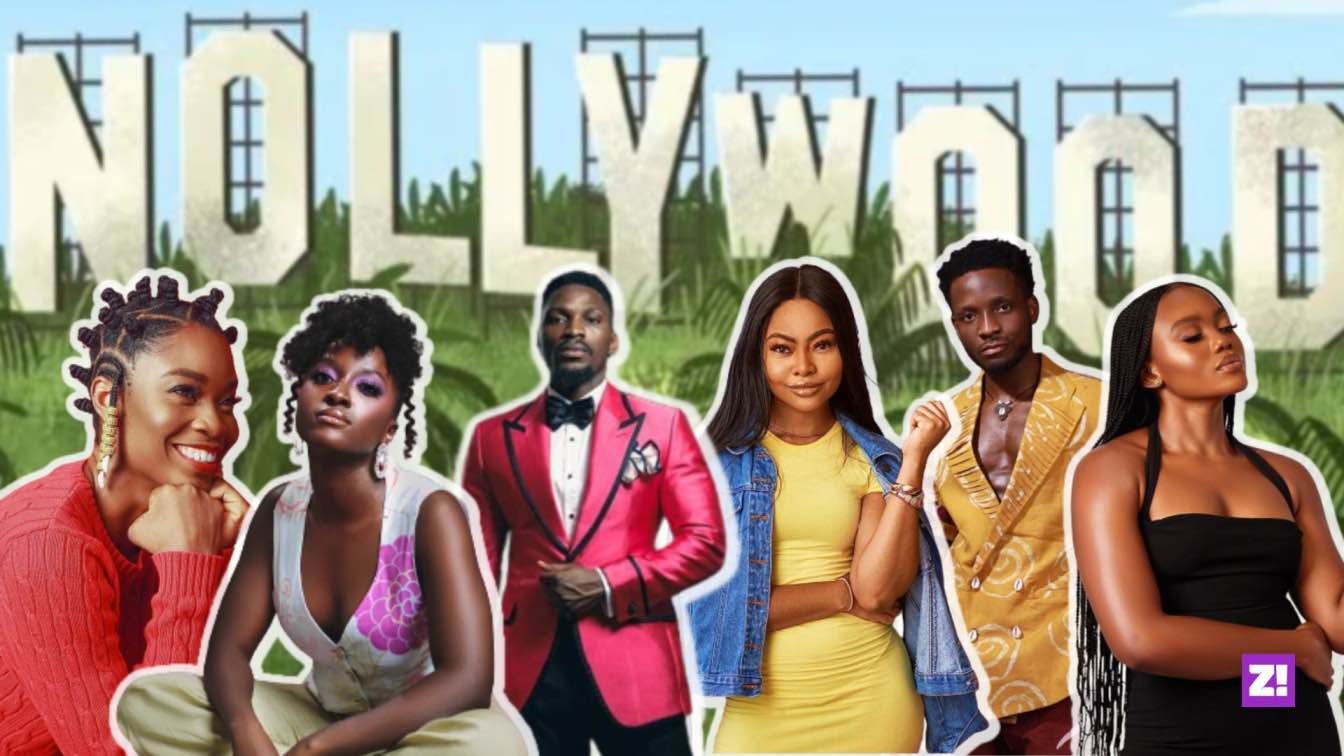It’s hard to scroll through the internet these days without seeing something about Gangs of Lagos. From clips of Chioma Akpotha’s viral monologue to screenshots of the bloody fight sequences, everyone is gushing about Jade Osiberu’s ambitious action project. Everyone, that is, except the Nigerian government.
Lagos State Vs. Gangs of Lagos
Barely a week after the Prime Video original premiered, the Lagos State government put out a statement accusing Gangs of Lagos of being “derogatory to our culture” and an attempt to “desecrate the revered heritage of the people of Lagos”.
The Lagos State government that famously unlooked and aired everyone who was attacked during the February 25 and March 18th elections of 2023 had time to make a statement dragging a Nollywood film?
Not the first time
This isn’t the first time the Nigerian government has dragged a Nollywood film. Ironically, the last film to experience something like this was 2019’s Sugar Rush, which was also co-written and produced by Jade Osiberu. The film, which starred Adesua Etomi-Wellington, Bisola Aiyeola and Bimbo Ademoye as sisters who must deal with the numerous owners of the $800,000 they stole, was removed from Nigerian cinemas by the National Film and Video Censors Board (NFVCB) because it portrayed the Economic and Financial Crimes Commission (EFCC) in a “bad light”.
However, thanks to the #BringSugarRushBack social media campaign, the Censors Board caved, and the film returned to the cinema before making its way to Netflix.
Why is the Nigerian government so pressed and bothered by Nollywood all of a sudden?
One word: “accountability”.
For the longest time, Nollywood has focused on basic Nigerian issues: looking for love, hustle culture, a sprinkle of backstabbing and juju here and there. But now, the focus is turning towards the corridors of power and how the people and their deals affect the average Nigerian.
Kemi Adetiba’s King of Boys is a typical example of a story that shifted the veil between Nigerians and politics through film. In the first act, we get to see how politicians use mob leaders to do their dirty work then frown when they ask for a crumb of power for themselves, especially when the said leader is a woman like Eniola Salami.
RECOMMENDED: Kemi Adetiba’s King Of Boys Is A Modern Classic, Here are 7 Reasons Why
King of Boy: The Return of the King delved even deeper into the drama behind the scenes of an election. The bodies, the kingmakers, the role religion plays and the family’s hoarding power for themselves; Kemi Adetiba went there. As realistic as the series was, the Nigerian government seemed unmoved.
To start off 2023, Netflix released Shanty Town, a limited series starring Ini Edo, Chidi Mokeme and Nse Ikpe-Etim. Shanty Town focused on a group of women navigating sex and organ trafficking, violence and intimidation in a fictional shanty town in Lagos.
While audiences praised Chidi Mokeme’s acting and debated Peter Okoye’s Femi Fernandez’s Igbo accent, we noticed slight similarities between the show’s antagonist, played by Richard Mofe Damijo, and a popular Nigerian presidential candidate.
Tell me you can see it too.
While the similarities between Shanty Town‘s antagonist and this political figure might be limited to their filas (Yoruba hats), Gangs of Lagos strikes an even deeper nerve with a political character hellbent on ruling Lagos state. The story is fictional, but the audience has done the math and found “x”.
RECOMMENDED: 20 Crazy Questions Everyone Who’s Seen “Shanty Town” is Asking
Nollywood isn’t the first to tackle politics, and it won’t be the last
Like new Nollywood, Hollywood AKA the gold standard of filmmaking, hasn’t shied away from holding its government and political structures accountable over the years.
Martin Scorcesse’s 2006 film, The Departed, unearthed corruption within the American police force and ended up with a Best Picture Oscar at the 2007 Academy Awards. Similarly, Aaron Sorkin’s 2020 film, The Trial of the Chicago 7, was a masterclass in dragging the American police force, judiciary and the FBI for their role in the unfair 1969 trial of seven defendants charged with conspiracy against the government. Most recently, 2021’s Judas and the Black Messiah, directed by Shaka King, showed how the FBI murdered African-American activist, Fred Hampton, in his sleep.
These Hollywood films premiered, showed at cinemas and walked away with awards despite flipping a middle finger at the American government. Regardless of their exaggerated storylines, they offered nuanced insight into political issues that affect people, making them relevant works of art. So why must Nollywood face a different battle?
We need films like Gangs of Lagos
Whether or not we liked the plot, films like Gangs of Lagos are important.
Although it’s hard to believe people in Isale Eko fight like they’re part of Vin Diesel’s Fast and Furious crew, there’s no denying the existence of countless Obalolas, Gifts and Ifys — people who don’t get to live for themselves. They fight other people’s political battles, sometimes with no idea how their actions will impact their communities in the long run. These are the people we see snatching ballot boxes during elections.
Films like Gangs of Lagos humanise Nigerians who live on the margin, reminding us of the puppeteers who create unfavourable conditions for Nigerians and then take advantage of the victims. If we allow the Nigerian politicians and government to silence creatives who hold up a mirror to their actions, we may never hold them accountable for their actions in the future.
ALSO READ: Chike on the Hardest Scene He Had to Shoot in “Gangs of Lagos”

